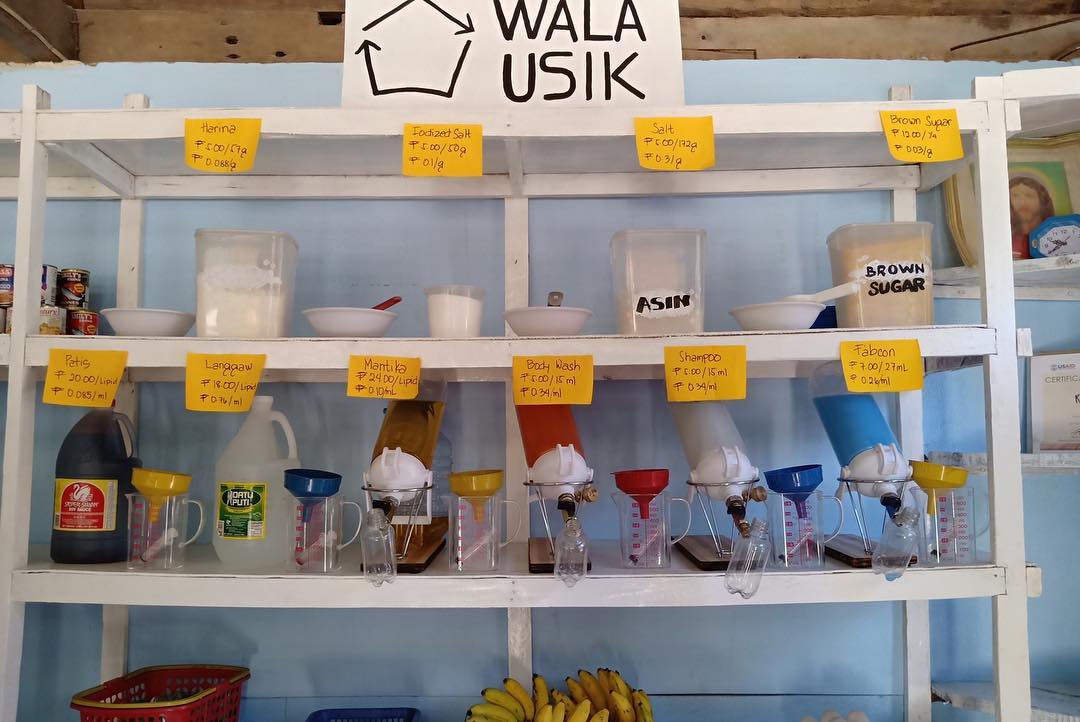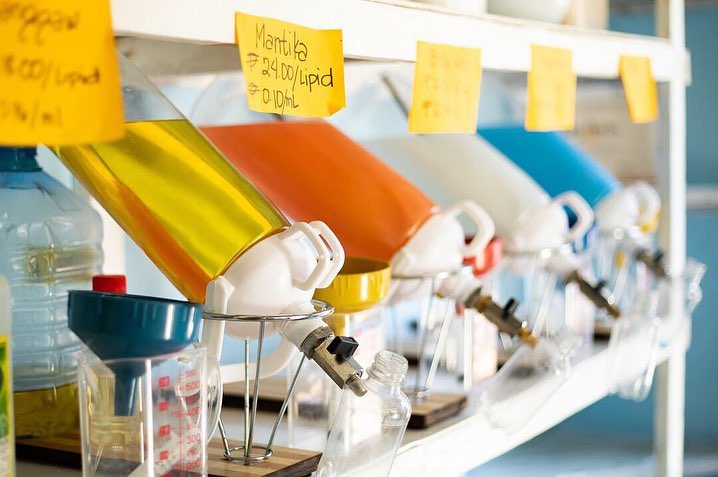The zero-waste initiative has come a long way in the country. Within the past few years, we’ve seen stores like Katha and Humble Market pop up, alternative groceries where you bring your own containers and fill them up with the goods you need, instead of buying your essentials pre-packaged. In a country where the effects of climate change is keenly felt, these drives towards sustainability are definitely welcome.
However, one of the biggest criticisms against sustainability is its apparent inaccessibility to the marginalized sectors. Sure, it’s easy for the privileged classes to poo-poo the use of tingi-tingi sachets, but these are a godsend for those who can’t afford to buy a whole bottle of shampoo in one go. And more troubling is the fact that it’s the marginalized who will first feel the effects of pollution, and will be hit the hardest. Make no mistake: Climate change is as much about class as it is about the planet.
SWEEP, short for Sea Waste Education to Eradicate Plastic, bridges the gap between sustainability and the disadvantaged and shows that the zero-waste lifestyle shouldn’t be limited to the privileged. A Negros-based project by the NGO Philippine Reef and Rainforest Conservation Foundation, Inc. (PRRCFI) and backed by USAID (United States Agency for International Development), their people work closely on the ground with communities to both clean up their shores and see what they need most. As part of this grassroots initiative, they’ve recently launched Wala Usik (Bisaya for no waste) Sari Sari Store, a series of sari-sari stores in Negros built to sell fast moving consumer goods (FMCGs) such as shampoo, body soap, fabric conditioner, cooking oil, vinegar, soy sauce, and other condiments – dispensed into reusable or repurposed containers, in incremental volumes and price points similar to products in sachets, but without single-use packaging.”

They’re similar to the sustainable stores Katha and Humble Market, but still follow the traditional sari-sari store set up. It’s a great way to introduce sustainable practices to lower-income communities, and patronizing these alternative sari-sari stores could potentially be cheaper for these communities in the long-run.
The sari-sari stores also help empower communities, as the stores are all owned by a resident in the neighborhood (SWEEP’s partners). In fact, some of the Wala Usik stores were existing sari-sari stores that were converted into a sustainable refilling stores, like in the case of Bacolod’s Lilian Gordoncillo whose Wala Usik store also stands in as a kapehan.
Currently, there are plans to open eight sari-sari stores. “We just opened the second Wala Usik Sari-Sari Store in Bacolod City—six more to go all over Negros,” Ledrolen Manriquez, project manager of the Bacolod-based PRRCFI, told Nolisoli.ph.
Featured photo courtesy of SWEEP
Get more stories like this by subscribing to our newsletter here.
Read more:
LOOK: Human Nature launches refilling station
New vegan spot in Makati doubles as a mini zero-waste grocery store
Actor Pepe Herrera shows the plastic-sunken state of Freedom Island
Read more by Zofiya Acosta:
Please stop putting light-skinned models and actors in brownface
You can get authentic homemade French bread at the French School of Manila
Where to get brown sugar milk tea in Metro Manila
Writer: ZOFIYA ACOSTA




